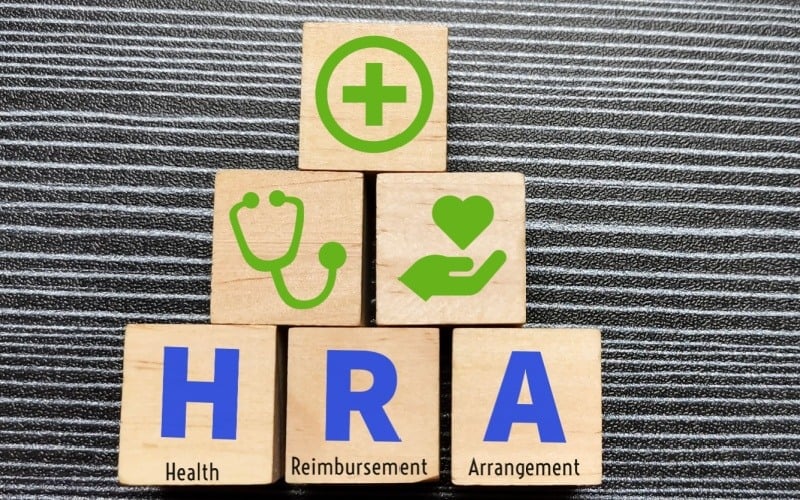Revised September 6, 2024
2 minute read
Many school, city and county employers are providing HRAs (Health Reimbursement Arrangements) to their early retirees to help them pay for eligible medical expenses and health insurance premiums during retirement. The HRA deposits are in lieu of unused sick leave payments or to replace employer contributions to early retiree health insurance premiums. The HRA gives them a choice to pay for premiums for either the group plan or purchase a plan on the Public Health Insurance Exchange (also called the Health Insurance Marketplace) which may better meet their needs and budget. The employer may benefit from lower claims (as older workforce are more high risk) and reduced OPEB liability.
If the retiree chooses to purchase a plan on the Exchange, they may be eligible for a premium tax credit. The Premium Tax Credit is a tax credit designed to help eligible retirees and their families afford health insurance. Individuals and families may be eligible for this credit if their annual household income is at least 100 percent but no more than 400 percent of the federal poverty limit for their family size. Other factors used to determine premium tax credit include family size, zip code, etc. If they are eligible for a premium tax credit, the tax credit offsets the insurance premium payments they would pay for their chosen plan.
What if the early retiree has access to an HRA?
The IRS has ruled that those with HRA access are not eligible for a Premium Tax Credit (whether they use it or not). But all is not lost. If an early retiree learns that they qualify for a premium tax credit, and the credit is more than their HRA balance, it makes sense to use the credit instead of the HRA. Retirees can choose to temporarily suspend their HRA account, leaving them eligible to use and receive a premium tax credit for that calendar year. The retiree’s financial representative can assist them with the paperwork needed to suspend the account.
The funds in the HRA account are not forfeited and will continue to gain interest. If a retiree’s income, family size, or other circumstances change in the future (through marriage, divorce, birth, change of address, etc.) and the retiree finds that their Premium Tax Credit has reduced and their HRA is now greater than the credit, they can choose to reinstate their HRA to use toward insurance premium payments and other eligible medical expenses.
For more information on providing early retiree alternatives to the group plan, contact your NIS Representative.
